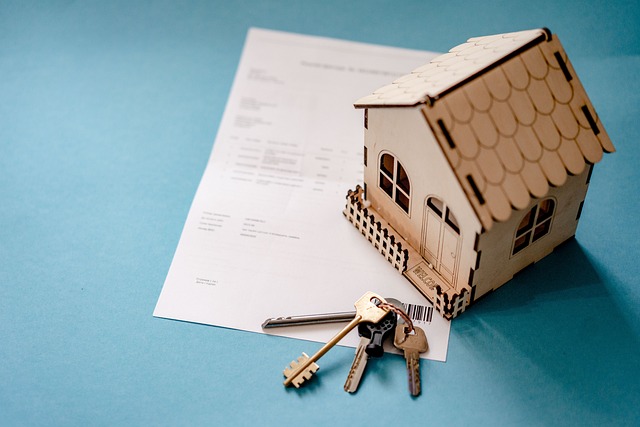In Arizona, despite non-mandatory requirements, earthquake coverage is recommended due to seismic activity. Rates vary based on location, property age, and desired coverage. Policyholders can choose between replacement cost value (RCV) or actual cash value (ACV) for compensation. When creating content coverage plans, consider building age, location-specific risks, and business type; older structures may require more extensive valuations. Diverse Arizona geography impacts risk assessment, particularly for commercial spaces. Comprehensive earthquake insurance is crucial to protect properties and contents; compare rates from specialized providers, review deductibles/limits, maintain up-to-date inventory records.
In Arizona, understanding earthquake insurance requirements is crucial for homeowners seeking protection. This article guides you through the process of evaluating property contents coverage valuation plans, especially in light of Arizona’s seismic activity. We explore factors influencing insurance rates and provide strategies to secure comprehensive earthquake insurance, ensuring peace of mind and financial safeguarding against potential losses. Discover how to navigate the options available, considering your unique situation and the specific risks posed by Arizona’s earthquake insurance rates.
- Understanding Arizona Earthquake Insurance Requirements
- Factors Influencing Property Contents Coverage Valuation Plans
- Strategies for Securing Comprehensive Earthquake Insurance in Arizona
Understanding Arizona Earthquake Insurance Requirements

In Arizona, understanding earthquake insurance requirements is crucial for property owners looking to safeguard their investments. Unlike some other states, Arizona does not mandate earthquake coverage for homes or businesses. However, given the region’s seismic activity, especially in areas like the Phoenix metropolitan region, it’s a wise decision to consider this type of protection. Earthquake insurance rates in Arizona vary based on several factors, including the location and age of the property, as well as the coverage amount desired by the policyholder.
Homeowners and businesses can choose from various valuation plans offered by insurers. These plans determine how much compensation an insured individual receives in case of damage or loss due to an earthquake. The most common methods include replacement cost value (RCV) and actual cash value (ACV). RCV covers the full rebuild cost, while ACV is typically lower, considering depreciation. Policyholders should weigh these options and discuss them with insurance providers to select a plan that aligns with their needs and budget, keeping in mind the potential Arizona earthquake insurance rates.
Factors Influencing Property Contents Coverage Valuation Plans

When developing property contents coverage valuation plans, several factors come into play, especially in areas prone to natural disasters like Arizona, known for its variable earthquake insurance rates. One key factor is the age and condition of the property itself. Older buildings may require more extensive valuations due to potential structural vulnerabilities, while newer constructions might have modern safety features influencing their contents coverage needs.
Another significant aspect is the location-specific risk assessment. Arizona’s diverse geography exposes different regions to varying risks, including earthquakes, wildfires, and severe storms. These perils directly impact the valuation process, as insurers need to consider the potential for damage and subsequent replacement or repair costs. Additionally, the type of business operating within the property plays a role; commercial spaces with specialized equipment or inventory may require more tailored coverage plans compared to residential properties.
Strategies for Securing Comprehensive Earthquake Insurance in Arizona

In Arizona, securing comprehensive earthquake insurance is a crucial step in protecting your property and its contents. The state’s seismic activity demands that homeowners be prepared for potential earthquakes, which can cause significant damage. One effective strategy is to compare Arizona earthquake insurance rates from various providers. Market research allows you to identify the best coverage options tailored to your needs and budget. Consider seeking out insurers who specialize in offering competitive rates for such specific perils.
Additionally, review your policy’s deductibles and coverage limits. Ensure that your earthquake insurance provides adequate protection for your property’s contents, including personal belongings, furniture, and electronics. Many policies offer different levels of coverage, so choose one that aligns with the value of your possessions. Regularly updating your inventory and keeping detailed records can aid in the claims process and ensure you receive proper compensation for any damaged or lost items.
In light of the potential risks posed by earthquakes in Arizona, understanding and securing adequate earthquake insurance is paramount. By factoring in various influences on property contents coverage valuation plans, homeowners can make informed decisions regarding their Arizona earthquake insurance rates. Implementing strategies for comprehensive coverage ensures peace of mind and protects valuable assets against seismic events. Remember that navigating these considerations is essential to mitigate financial risks and prepare for unexpected events.
